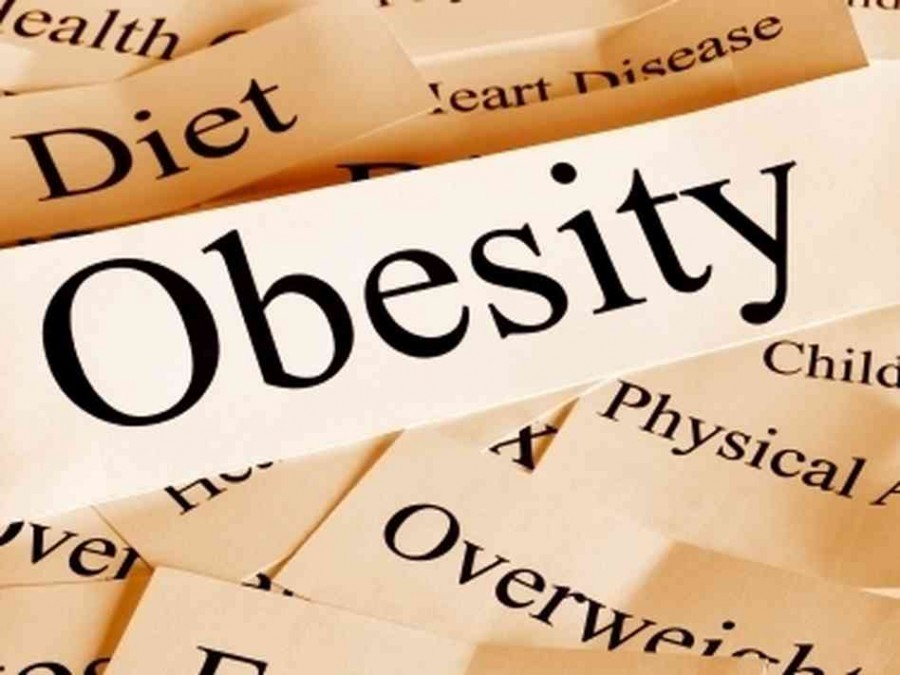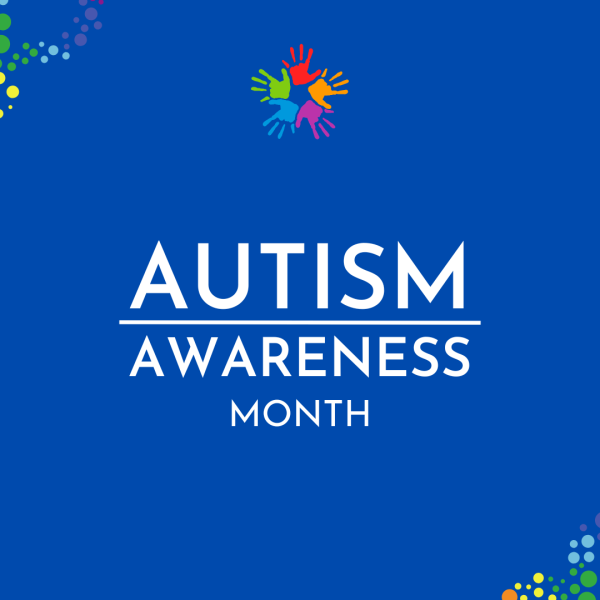Obesity, Bulimia, and Anorexia
Deadly Disorders of Today
Obesity, Anorexia, and Bulimia are three very dangerous and deadly disorders that many people suffer from in the US and globally. Each of these disorders is dangerous in its own way, but if they continue to progress in a person, any of the three can lead to death.
The first disorder is obesity, which is caused by an imbalance between calories consumed and calories expended. Since 1980, obesity has doubled around the world. Obesity kills more people than being underweight, which might be the opposite of what people think. In 2013 42 million children 5 years and younger were obese, and in 2014 1.9 billion adults who were over the age of 18 were overweight and 600 million of them were obese. To be considered overweight, a persons’ Body Mass Index (BMI) has to be 25 and up. To be considered obese, a person has to have a BMI of 30. Obesity is dangerous and growing everywhere. 13% of the world’s population in 2014 was recorded to be obese. Being overweight or obese can cause cardiovascular diseases, diabetes, and even some types of cancer. Even in children obesity is important to prevent as it can cause premature death. But there are plenty of different ways to prevent obesity in yourself and in others. Those who have diabetes or are overweight can change their dietary habits such as eating more fruits, veggies, nuts, and grains. Increasing amount of daily activity and physical exercise will also help to become more healthy.
The next disorder is Bulimia. This disorder usually occurs in teenage girls and young women with 1.1% to 4.2% of them suffering from the disorder. Although it mainly occurs in females, it is increasingly affecting males. There are two main parts to this disorder; Bingeing and Purging. Bingeing is consuming large quantities of food in a short time while feeling like a person has no control over their consumption. Purging is self-induced vomiting, laxative abuse or compulsive exercising. These parts of the disorder can cause loss of important balance in the person’s body that it needs to work correctly. This can lead to electrolyte imbalance which then progresses to irregular heartbeats with the possibility of heart failure of even death. Victims of bulimia often also have other disorders including depression, anxiety, and OCD. If you know someone who suffers from bulimia tell them or their guardian to contact Walden Behavioral Care at 781-647-6727.
The last disorder being discussed is Anorexia. Anorexia is a three part disorder with refusing to keep a balanced body weight, a fear of gaining weight, and feeling like you have a weird body image. People who have Anorexia have daily thoughts about food and dieting and the thoughts usually last all day. Even when the victim loses weight or diets, they never feel like they have done enough, so they keep dieting or losing weight to the point where it becomes very unhealthy. The two types of Anorexia are restricting which is when the sufferer intakes a very limited amount of calories, and purging which is when the victim uses laxatives and vomiting to lose weight. Differences between Anorexia and a healthy diet are that a healthy diet is when you try to control and lose your weight in a healthy way as opposed to Anorexia which is only trying to get thin, no matter what the cost of it may be, and getting thin to control your emotions and your life. As deadly as Anorexia can be, there are ways to recover from this disorder. The recovery process is a 4 step plan. First, admit that you have a problem. If the person can not admit it, then they will not be able to start recovering. The next step is to talk to someone, maybe a friend or parent or anyone who you trust. Third, try to avoid places or situations that may trigger the feelings of Anorexia. Lastly, seek professional help from a therapist or a doctor.
These disorders do not just affect a few people. They are widely known and affect many people all over the world. If you know anyone with one of these disorders or any disorder of any kind help them by talking to them, finding help for them, and always be there to support them. Going through something alone feeling like no one understands is a horrible feeling. Always show support to those in need of it.
If you or someone you know is suffering from any of these disorders, talk to your school counselor today.
To learn more about any of these disorders, visit these pages for more information:
http://www.helpguide.org/articles/eating-disorders/anorexia-nervosa.htm
http://www.waldenbehavioralcare.com/resources/popular-searches/bulimia-facts/
Your donation will support the student journalists of West Bloomfield High School. Your contribution will allow us to purchase equipment and cover our annual website hosting costs.
Ryan Horwitz is a junior and has been in Spectrum for three fabulous years filled with excitement. He loves school, writing sports articles, and playing...








